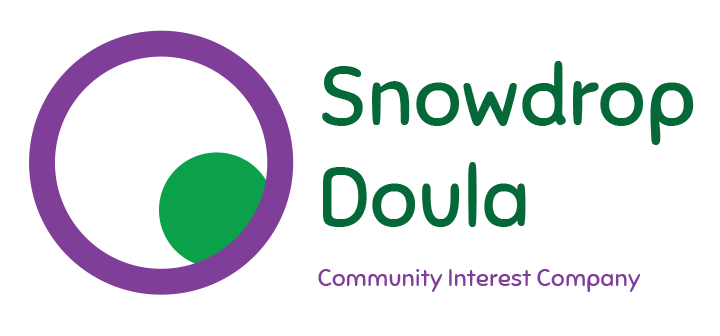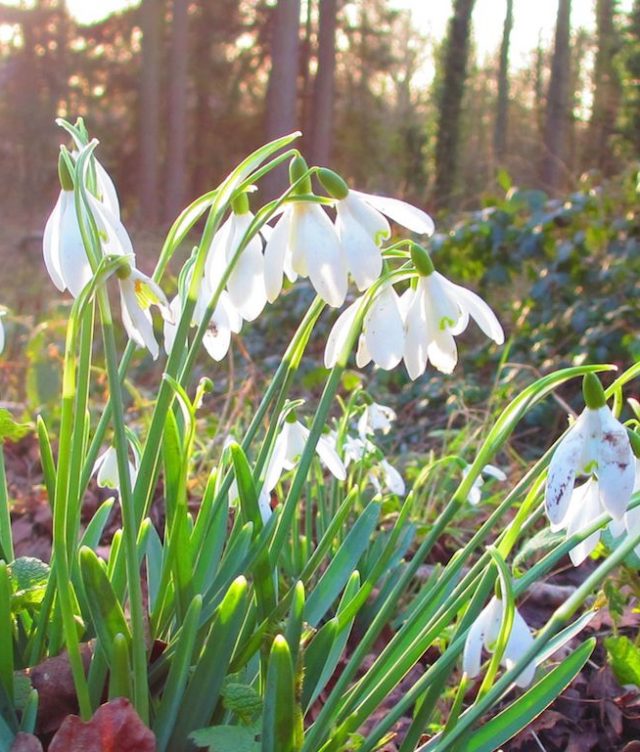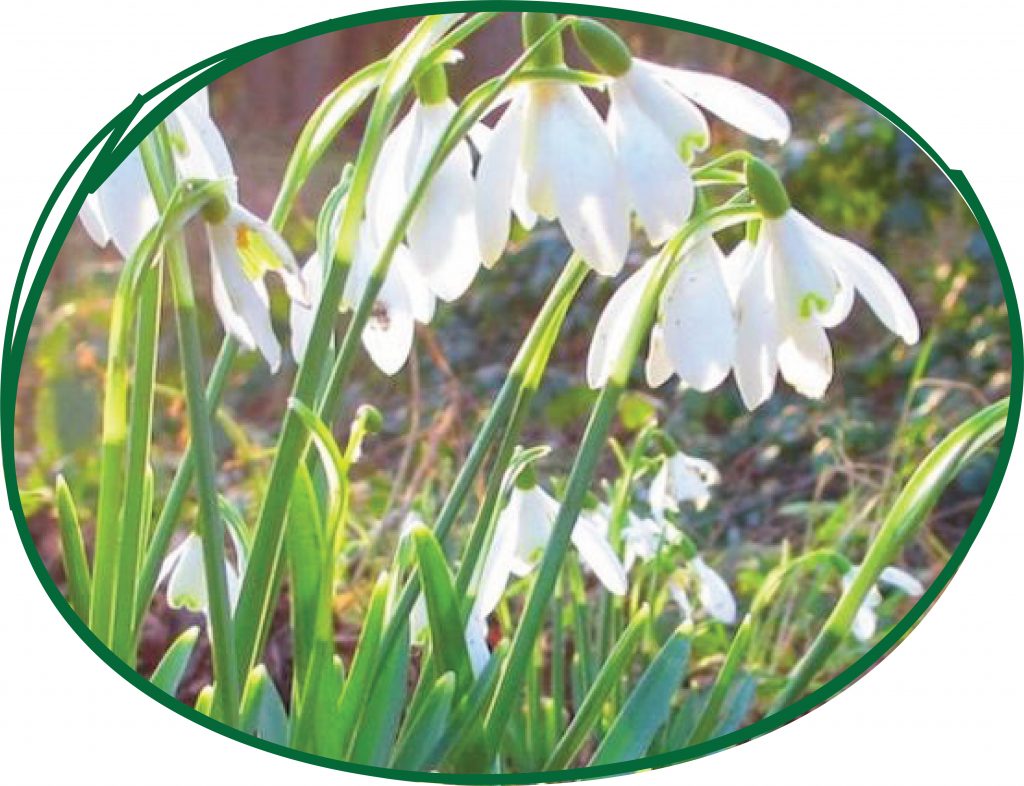So, my name is Michelle Bromley-Hesketh. Here’s, some of, the history of Snowdrop Doula CIC. Some of my recovery from postnatal depression.
I founded Snowdrop Doula in 2011.
Being prepared for parenting
My eldest son was born in 2005, when I had not long since turned 20. His birth was a very “normal” (whatever normal is) hospital birth. I turned up in early labour, got sent home, came back an hour later. Straight on the gas and air. Birthed about 12hours later to a healthy boy, 7lb 7oz.
I’d attended the antenatal classes by the midwife and felt prepared for the birth, but I don’t think it was enough now. I remember, as many mums do, left in the hospital bay at 11pm with a new baby who I was sole carer of and panicked.
“Oh gosh, what do I do if he cries?”
“Is he hungry?”
“Do I just stick my nipple in his mouth?”
“Does he want a nappy change? How do I change his nappy?”
“Should I ask the Midwives? No, don’t ask the Midwives, you’ll be judged as a young, stupid mum who doesn’t know what she’s doing”
“Why don’t I know what to do?”
“Oh shit, my whole underneath hurts. Will it ever be the same again?”
Waking up in the night (because newborns don’t sleep long, was not prepared for that often) thinking, “oh gosh, why is my shirt so wet.” It was milk but I wasn’t aware that may happen.
I also remember the drive home (in my ex step father in laws car) feeling VERY surreal. I remember seeing danger everywhere yet feeling quite floaty.
Having postnatal depression
Fast forward, 6months I was diagnosed with, and I quote, “severe depressive episode”. I’d put “a brave face” on for too long. My dad rang the health visitors who sent someone round that day (or the next). Within the week I had support from the Sure start family support worker, her name I think was Liz, who then had occupational therapy and a CBT therapist come to me. Intensive support from that led me to recover, although I’d never be who I was before. (That’s not a bad thing)
I wanted to help others who are experiencing what I did. I also wanted to help stop it happening in the first place. What needs to happen? How could I have stopped this?
The struggle to do peer support
So, I started researching, the internet back then was chat forums and websites, and I had found an online chat group. I found that there was a link to breastfeeding and reducing chance of Postnatal depression. I had stopped breastfeeding at 2 weeks as I thought he should be sleeping through (!) and everyone gives formula in the end anyway. I thought that only weirdos don’t (!)
I looked to train in breastfeeding support. All those organisations I contacted wouldn’t let me train as I hadn’t breastfed for 3- 6months. I did get very frustrated and gave up a little. I went back to working in care homes. Then I fell pregnant and was told I could actually do some breastfeeding peer support training now I was pregnant. I did the BFI training, age 22, 36 weeks pregnant and had a sudden clarity as to why we didn’t manage to breastfeeding didn’t work. In the hospital I was told baby should be feeding 5 minutes a time. (They possibly said “at least 5 minutes”.) So when he was attached for half an hour, at least, a time I believed I didn’t make enough. I also thought babies should be sleeping 4 hours at a time at a week old. This is not true for most.
Recovering from postnatal depression
My second child was born at 42 weeks, almost in the car park of the hospital, Labour was about 2 hours, 20 mins in hospital with a possible shoulder dystocia in the mix. 8lb2oz.
Physical recovery was much quicker and was more determined to breastfeed to keep away the depression and anxiety. I stayed in hospital 3 nights to make sure, the Midwives were a little desperate to get me out as no medical need but I was determined to make breastfeeding work this time and so stood my ground a bit. Having post natal depression and anxiety again was NOT an option!
I volunteered as a breastfeeding peer support worker in community and in the hospital. 3 months later I was modelling for the Be a Star campaign.
A few months later and I felt the same feelings returning. Turns out breastfeeding isn’t the cure I thought it would be. I recognised and spoke to health visitors immediately, I was referred for talking therapies. When I went to an assessment appointment, that was a nightmare as I couldn’t take children and it was in a windowless room, down a long windowless corridor. Not good when part of the illness is claustrophobia.
I requested home appointments as I’d had before, or later appointments so I could get childcare. The service had to have a meeting about this. Apparently my case went to a committee and they declared I couldn’t have that as , and I quote, “you are not depressed enough”. That line is the stupidest thing. If we think about how prevention and early intervention is key how does waiting until crisis point make the difference? Clearly I was depressed and having issues with my mental health and yet on a number scale it wasn’t enough to warrant home or later appointments. This meant I couldn’t access talking therapies and they couldn’t offer anything else.
I had to sort myself out. What I did was to shut off. I ignored the emotions, it did not feel I had a choice.(That’s never a good thing) I did have some alternative therapies such as hypnosis.
The relationship with the father of the children broke down. (Not suprising) and I shut off even more. I had to be strong now. Utter nonsense.
In 2008 I was 23 and a single mum to a toddler and a newborn. I felt a huge pressure to be strong, to carry on. I joined every playgroup I could (CBT told me distraction was good) I opened a dressmaking business. I volunteered with Little Angels, NCT, school. I started studying NCT breastfeeding counsellor diploma, stopped that as couldn’t afford it, started an Open University degree in psychology.
So, the distraction worked, the being involved in voluntary groups helped. I began feeling happier.
There’s an analogy I often talk about of cupboards, imagine a kitchen cupboard, start filling it, the spices get pushed to the back, you can’t see them, you can’t remember what the spice even is, but it’s there for years, not even usuable anymore, more stuff gets piled in, pasta, some organic spelt flour you think will make things healthy, eventually the cupboard is full but you need to cram more in, so you do, for some reason that seems easier than clearing it. then you daren’t open it as something falls out when you do. Eventually you’ll open that cupboard in an attempt to put in the 5th jar of mixed spice. And the whole lots falls out!
My cupboards burst open again after birth of my youngest child in 2013. This time I looked at what’s there. I’m still throwing out the spices from the 90’s. And that’s ok.
So, what did I do?
I always thought that there’s something major lacking in services. Society is missing something.
Then I read about Doulas.
Sounded like the answer. Or at least part of it. So in 2011 I went and did a training course and set up Snowdrop Doula as a sole business.
I very quickly found out that charging for the service in East Lancashire wasn’t viable. And that by charging a huge amount of families miss out. East Lancashire is not the same as Chelsea. It was then I made the decision to look for funding. Finally setting up in 2014 as a Community Interest Company. (after baby number 3 was born at home in 2013, 8lb9)
I’d been supporting women through breastfeeding peer support and as a Doula for free and found that there was a lot more needed. Somehow services couldn’t meet full the needs of families.
In 2014 I began to apply for funding. Gaining Awards for all funding for free Doula support in 2015.
Alongside some NHS Clinical Commissiong Group (CCG) funding for antenatal journaling classes. Running these projects showed a greater need for support for women and families in the perinatal period. So many local families were asking for additional support.
We had CCG funding for pregnancy dance classes too.
Then the big funding came in 2017 to train and employ 5 Doulas to be able to support more families.
We now have 2 hubs we work from. One in Burnley and one in Accrington and also have a café in Accrington. With Doulas, we now have volunteer Doula support workers, Counsellors, baby goods and food bank, second hand and ethical goods shops, hypnobirthing classes and workshops, support groups, play groups, branches growing across Lancashire and beyond.
If I could tell the pregnant 19 year old and the new mum me where we’d be now…


